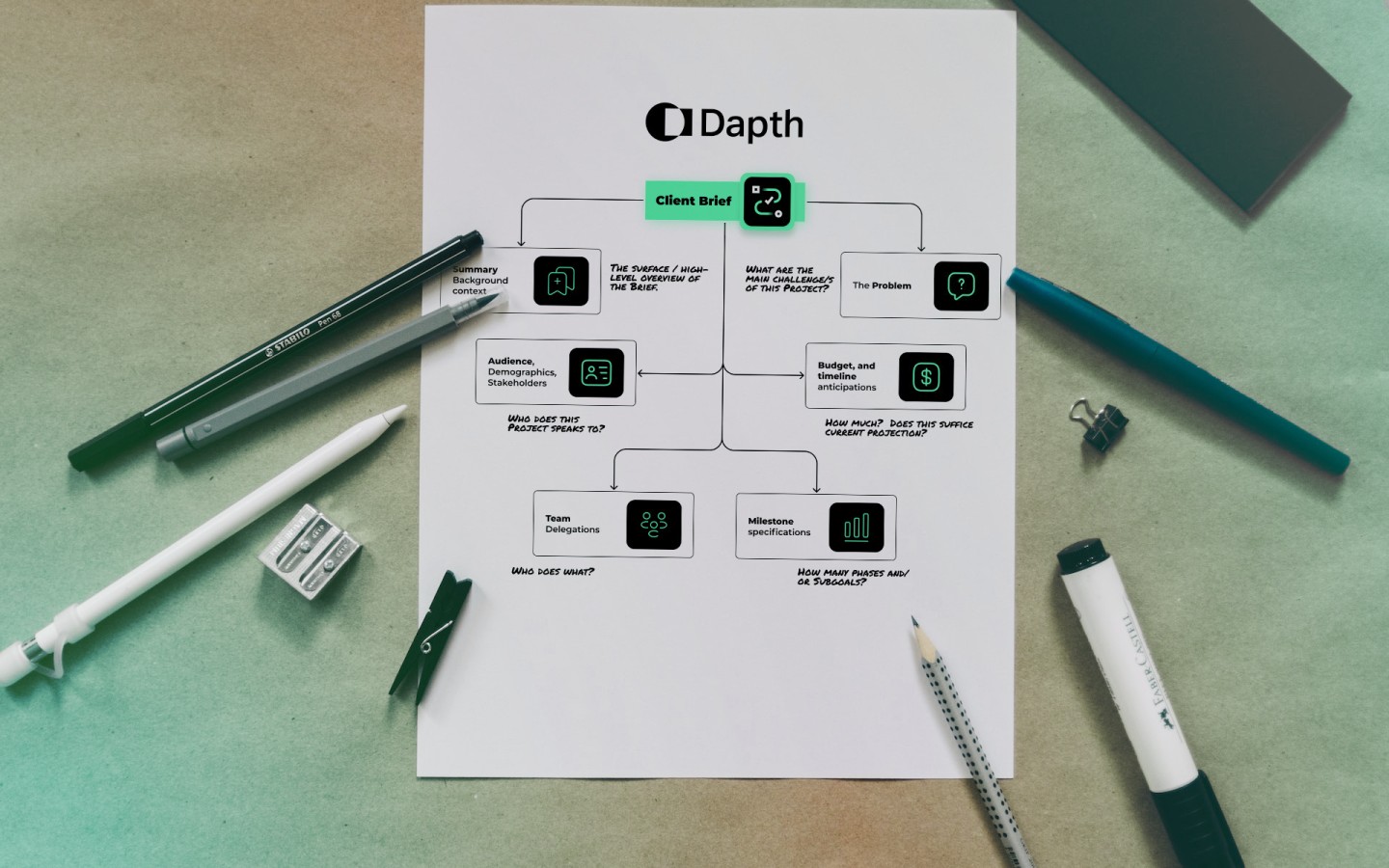
Digital transformation is about fundamentally changing the way a business operates.
This business strategy can be improved by incorporating new technologies, enhancing customer experience (CX) and modifying existing business processes.
By integrating technology as a key component, inefficiencies and operating costs can be reduced. Embracing transformation efforts provides businesses with a competitive edge in a rapidly evolving landscape.
It also fosters innovation, enabling organisations to keep up with market trends and evolving customer expectations. It also promotes a more agile, responsive organisation. Let’s examine the key principles guiding a successful digital transformation.

What Are the Key Principles of Digital Transformation?
Some commonly cited key principles underpinning digital transformation include customer-centricity, understanding and anticipating customer needs, and enhancing the customer experience through technology.
Other authors on Forbes consider digital transformation’s ‘four pillars’ to be stability, reliability, agility, and speed, although typically described as activities. These principles manifest in specific organisational changes as highlighted by Harvard Business Review:
1. IT uplift
2. Digitising operations
4. New ventures
These activities are key in achieving the identified principles and contribute to broader organisational success. For example, the organisational changes of IT uplift and digitising operations play a key role in customer-centricity and improved customer experience (CX).
Customer-centricity
Customer-centricity should be at the forefront. When creating strategies and goals for your transformation efforts, focusing on customer needs will be key to your success. It will shape an improved customer journey based on customer interactions, and an understanding of customer needs. At its core, transformation is about enhancing the customer experience and addressing evolving expectations. Businesses can get lost in technology – but the main goal should always be centered on delivering an exceptional customer experience (CX).
Organisations that prioritise digital transformation also prioritise their customers. A customer-centric approach ultimately leads to improved service quality and a sustainable competitive advantage. When implementing transformation efforts, the impact spreads throughout the organisation. Today, many organisations have realised the significance of a customer-centric approach, and how it is the lynchpin for successful transformation efforts.
Agility
Agile organisations can adapt to rapidly changing technological advancements, evolving business landscapes, and emerging trends. Agility and flexibility are integral components of a successful digital transformation. The term "agility" refers to a company's ability to:
- Operate flexibly
- Make smart and strategic decisions rapidly
- Change priorities or processes, and
- Adapt to changing market conditions and consumer needs.
With advanced data gathering and management capabilities, organisations can leverage real-time insights, enabling them to react swiftly to changes. This assists business leaders in focusing on strategic decision-making informed by robust data. According to KPMG, 81% of companies have identified agility as one of their most important initiatives when beginning their own digital transformation. It allows organisations to adapt to real-time changes and deliver products or services faster than competitors, and ultimately positions the company for growth opportunities. Embracing failure is an essential part of the process - and another aspect of agility. The process of testing and learning involves experimentation, innovation and brave thinking – all key ingredients of transformation.
Successful transformation efforts require comprehensive planning, and navigating them in short-duration increments is crucial due to their disruptive nature. An agile methodology reveals pain points, challenges, and opportunities - enabling organisations to manage uncertainty, mitigate risk, target and achieve specific outcomes. To achieve success, it’s important not to cling to legacy operations or stick with the ‘status quo’. Embracing change leads to growth, and instilling a culture of rapid innovation, which is agility, is the key to achieving this.

Data-Driven Decision Making
For a successful transformation, using data to make informed decisions is essential. Without data, it's difficult to make effective change. A project must show real improvements based on solid data and a strong business case to be successful. To enable informed and scalable decision-making, leading organisations use real-time data throughout their entire company.
Transformation initiatives must provide new insights that lead to better decision-making to generate higher-value business outcomes. Different types of intelligence, both data-driven and artificial intelligence (AI), can be used to achieve this goal. But ultimately, their purpose is the same: to provide a deeper understanding that leads to improved business processes and decision-making. Overall, the importance of real-time data integration throughout the organisation cannot be understated, as timely access to data enhances both responsiveness and adaptability. Ultimately, data-driven decision making is a key principle guiding fundamental organisational change.
.jpeg)



Organisational Collaboration
Digital transformation is a complex process that requires collaboration. Collaboration is not just about working together on projects, but also about fostering a culture where employees are encouraged to share ideas and work together towards achieving common goals. This leads to more innovative solutions and helps break down organisational silos and barriers - ultimately resulting in a unified, cohesive customer experience.
Organisational collaboration is essential because it enables organisations to leverage diverse expertise, knowledge, and resources - especially importantly during the transformation process. This involves integrating digital technologies into all aspects of the business, changing how it operates, and delivering value to customers. Collaboration allows organisations to navigate the complexities of digital transformation, exchange ideas, identify opportunities, and find solutions. It is a key factor in fostering agility and adaptability.
To achieve digital transformation, silos must be broken down, efforts aligned, and goals achieved. All aspects of the business, from operations to customer experience, should be considered. The main goals should be to improve efficiency, increase customer satisfaction, and drive growth and innovation.
Challenges and Solutions
Common pitfalls include a lack of clear vision, strategy and agility. Digital transformation is a continuous journey that requires constant adaptation and improvement. – therefore, an agile mindset is key. This requires a shift away from traditional thinking and toward a collaborative, experimental approach. If executed well, digital transformation can improve customer experience (CX), drive employee innovation and help the organisation grow.
As a long-term effort, it is about rewiring how an organisation continuously improves and changes - it shouldn't be treated as a short-term project but a lifelong journey. Consider strategies for continuous adaptation and improvement throughout the journey, and the role of feedback loops, regular assessments and ongoing learning. Since transformation begins internally, employees should be involved in the transformation process, and a culture of innovation and continuous learning should be encouraged to empower employees along the journey and contribute to transformation efforts.
The Takeaway
Digital transformation is essential to a competitive edge in today’s ever-changing business landscape. It not only leads to greater efficiency, but data-driven customer insights, a better customer experience (CX), increased profits, agility, and productivity. Fundamentally, it is about changing the way that a business or organisation operates. At its core, it is about improving customer experience and with customer expectations continually increasing, it’s important to keep customers in focus.
To drive real change, organisations must change their mindset to one of agility, and drive change from within by starting with organisational collaboration, and a culture that encourages open communication and innovation. Agility is also a core principle underpinning successful transformation as it is about responding to change rapidly, essential to fundamentally changing operations. Customer-centricity and data-driven decision making are also at the forefront of transformation efforts. In today’s dynamic business landscape, digital transformation isn’t just a choice - but a necessity – to remain relevant and competitive, and foster a superior customer experience (CX).


Are You Ready For a Digital Revolution?
If you are looking to begin a digital project, don’t hesitate to book in a discovery session with us at Dapth and discover why this phase is vital to digital success.
At Dapth, we offer a variety of services to revolutionise how your company shows up online.
Don't let challenges that are easily resolved, stop your business from growing. We're happy to teach you more about the services we offer. Take the time to contact us to learn more.
There are key benefits to partnering with Dapth, including:
- Our digital team will lead and implement your project from beginning to end (no outsourcing).
- We proactively teach you how to manage your website yourself, removing the reliance on us / any web developer.
- We demystify topics such as plugins, SEO and integrations.
- When you are ready to evolve your website to execute your strategies, the same team are ready to partner with you.






_web.webp)































_web.webp)
_web.webp)
_web.webp)

_web.webp)



_web.webp)




























